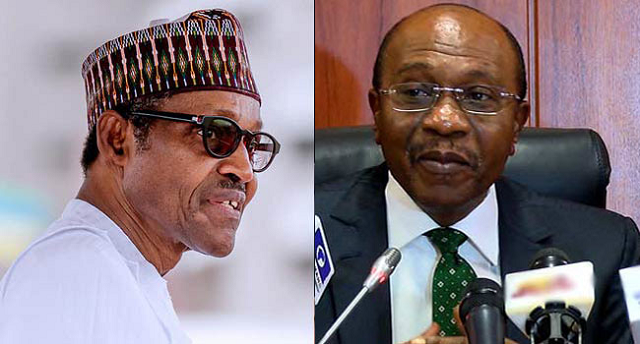President Muhammadu Buhari’s quest to boost agriculture in the country took another turn on Thursday with the Nigerian leader directing the Central Bank of Nigeria (CBN) not to give foreign exchange for food and fertilizer imports.
At a meeting of the National Food Security Council at the State House, in Abuja, Buhari reechoed his administration’s commitment to ensuring Nigeria is self-sufficient in food production.
”From only three operating in the country, we have 33 fertilizer blending plants now working,” he explained, stressing that “We will not pay a kobo of our foreign reserves to import fertilizer. We will empower local producers.”
To beat the cartel of transporters undermining efforts to deliver the products to users at reasonable costs, Buhari equally ordered blenders of fertilizer to take their products straight to State Governments.
He advised businesses bent on the importation of food to source their foreign exchange independently.
Instead of bringing in “compromised” food items in the country, he, however, has a message for food importers: – ”use your money to compete with our farmers.”
Buhari believes agriculture is one of the ways to tackle food insecurity and unemployment in Nigeria.
”We have a lot of able-bodied young people willing to work and agriculture is the answer,” he added. “We have a lot to do to support our farmers.”
The meeting, chaired by the President with other key members of the Council in attendance, was briefed on the food security situation prevailing in the country.
Dr Zainab Ahmed, the Minister of Finance, Budget and National Planning also listed efforts aimed at tackling the challenges from COVID-19 on the nation.
She disclosed that the government will facilitate the cultivation of 20,000 to 100,000 hectares of new farmland in every state and back the take-off of agro-processing to create millions of job opportunities.
Nigeria will equally support Micro, Small and Medium Enterprises (MSMEs) to help them keep their employees and boost local manufacturing, Dr Zainab added.
Source: Channels TV












